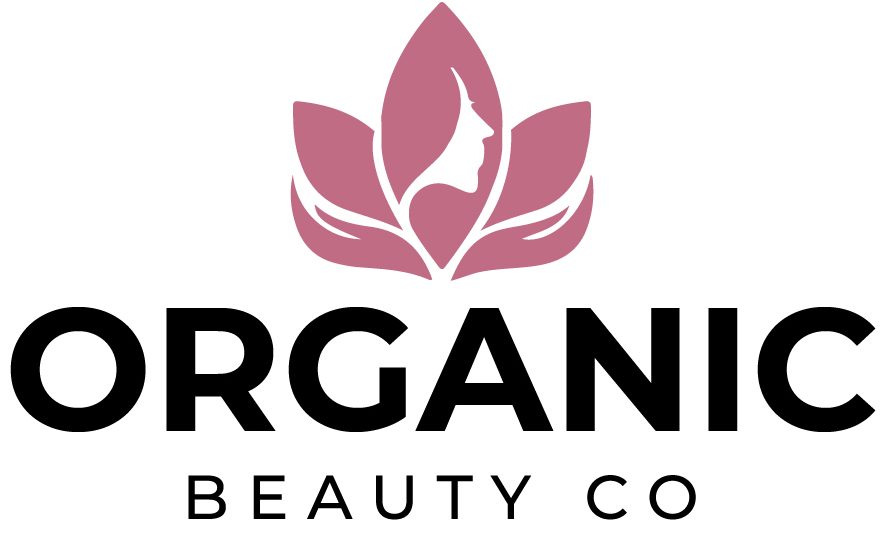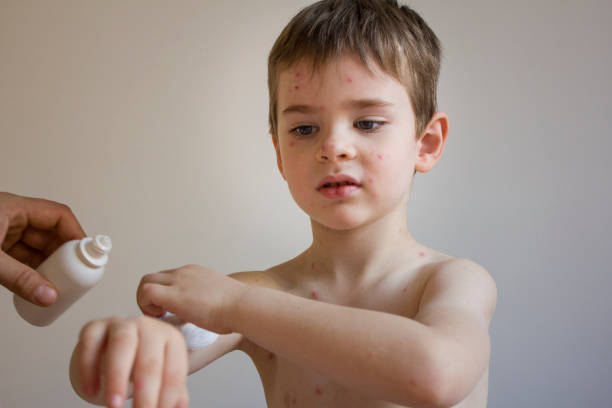Blackheads, those pesky little spots that can appear on your face, often seem to have a mind of their own. They stubbornly cling to your skin, seemingly immune to regular cleansing routines. However, fear not! There are ingredients out there that can help in your battle against blackheads. From natural remedies to scientifically proven compounds, here are five ingredients to look for when trying to banish blackheads for good.
Salicylic Acid: Salicylic acid is a beta hydroxy acid (BHA) known for its exfoliating properties. It works by penetrating the pores and dissolving the debris and excess oil that can lead to blackheads. Additionally, salicylic acid has anti-inflammatory properties, making it effective at reducing redness and swelling associated with blackheads.
Look for skincare products, such as cleansers, toners, and spot treatments, that contain salicylic acid. Incorporating salicylic acid into your skincare routine can help prevent new blackheads from forming while treating existing ones.
Benzoyl Peroxide: Benzoyl peroxide is a powerful ingredient commonly used to treat acne, including blackheads. It works by killing acne-causing bacteria and reducing oil production, thus preventing pores from becoming clogged. Benzoyl peroxide also has exfoliating properties, helping to remove dead skin cells and unclog pores.
When using benzoyl peroxide, start with a lower concentration to minimize the risk of irritation and dryness. Gradually increase the concentration as needed, but be sure to follow the instructions provided with the product. Benzoyl peroxide can be found in cleansers, lotions, gels, and spot treatments formulated for acne-prone skin.
Retinoids: Retinoids, such as retinol and tretinoin, are derivatives of vitamin A that are highly effective at treating blackheads and other forms of acne. They work by increasing cell turnover, preventing the buildup of dead skin cells that can clog pores and lead to blackheads. Retinoids also have anti-inflammatory properties, making them effective at reducing acne-related inflammation and redness.
Incorporating a retinoid product into your nighttime skincare routine can help improve the overall texture and clarity of your skin while reducing the occurrence of blackheads. Start with a lower concentration and gradually increase as your skin adjusts to the treatment. Be sure to use sunscreen during the day, as retinoids can increase the skin’s sensitivity to sunlight.
Glycolic Acid: Glycolic acid is an alpha hydroxy acid (AHA) derived from sugar cane. It works by exfoliating the outer layer of the skin, helping to remove dead skin cells and unclog pores. Glycolic acid also stimulates collagen production, which can improve the overall appearance of the skin and minimize the appearance of blackheads and other blemishes.
Look for skincare products, such as cleansers, toners, and exfoliants, that contain glycolic acid. Incorporating glycolic acid into your skincare routine can help keep your pores clear and prevent the formation of new blackheads. Start with a lower concentration and gradually increase as tolerated by your skin.
Tea Tree Oil: Tea tree oil is a natural ingredient known for its antimicrobial and anti-inflammatory properties. It can help kill acne-causing bacteria and reduce inflammation associated with blackheads. Tea tree oil also has a drying effect, which can help absorb excess oil and unclog pores.
When using tea tree oil, dilute it with a carrier oil, such as coconut oil or jojoba oil, to prevent irritation. Apply the diluted tea tree oil to the affected areas using a cotton swab or pad. Alternatively, look for skincare products that contain tea tree oil as an active ingredient, such as cleansers, serums, and spot treatments.
In conclusion, there are several ingredients that can help in the fight against blackheads. Salicylic acid, benzoyl peroxide, retinoids, glycolic acid, and tea tree oil are all effective at treating and preventing blackheads when used correctly. However, it’s important to remember that everyone’s skin is different, so what works for one person may not work for another. It may take some trial and error to find the right combination of ingredients and products that work best for your skin type and concerns. Additionally, it’s essential to maintain a consistent skincare routine and practice good hygiene habits to keep blackheads at bay. If you’re struggling with persistent blackheads or severe acne, consider consulting a dermatologist for personalized treatment recommendations.

